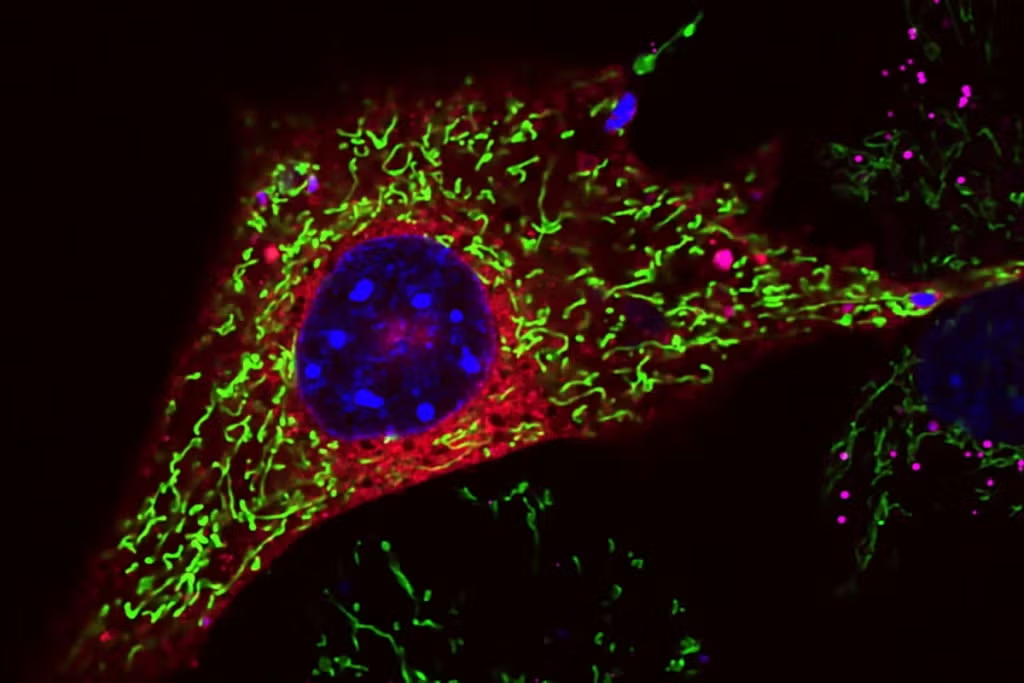Ubellacker Lab
The Ubellacker Lab leverages metabolic vulnerabilities in metastasizing cells to target and treat cancer, with a focus on exploiting lipidomic dependencies of cancer cells. We are working to discover mechanisms that explain how lipid availability in the tumor microenvironment promotes cancer cell progression at different metastatic stages. We aim to capitalize on connections between cancer cells and the lipid microenvironment to reduce cancer progression, thus addressing a significant unmet clinical need to develop therapies to prevent the spread of metastatic cancers.
665 Huntington Ave
Building 2, Room 123
Boston, MA 02115
In the News

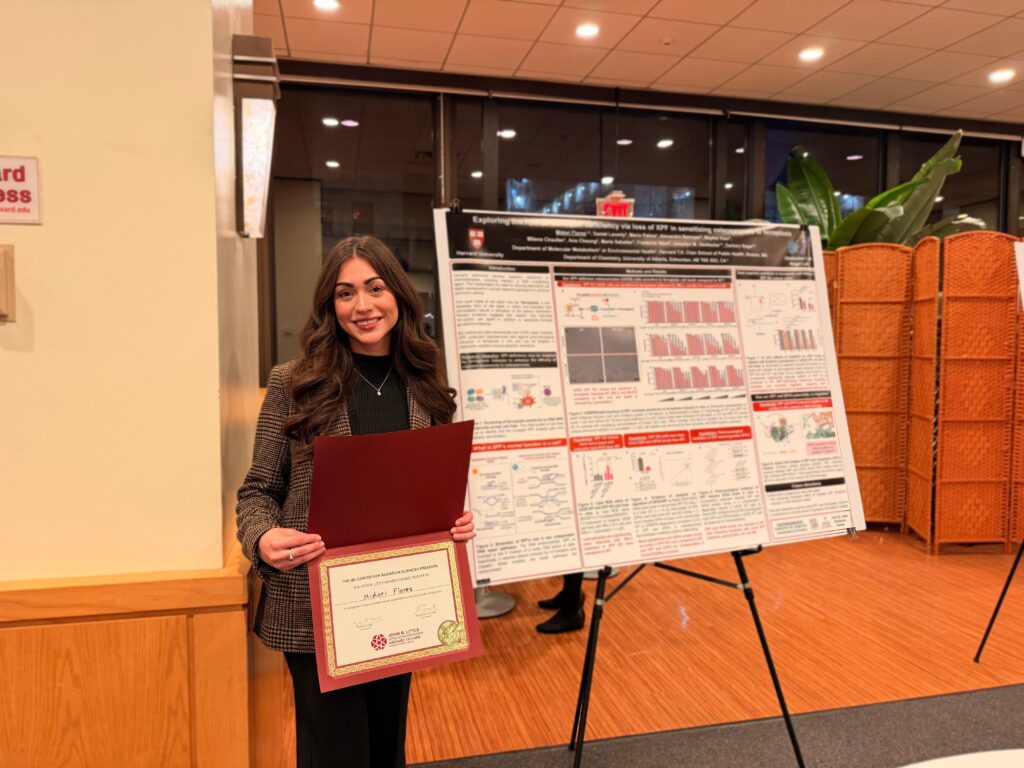

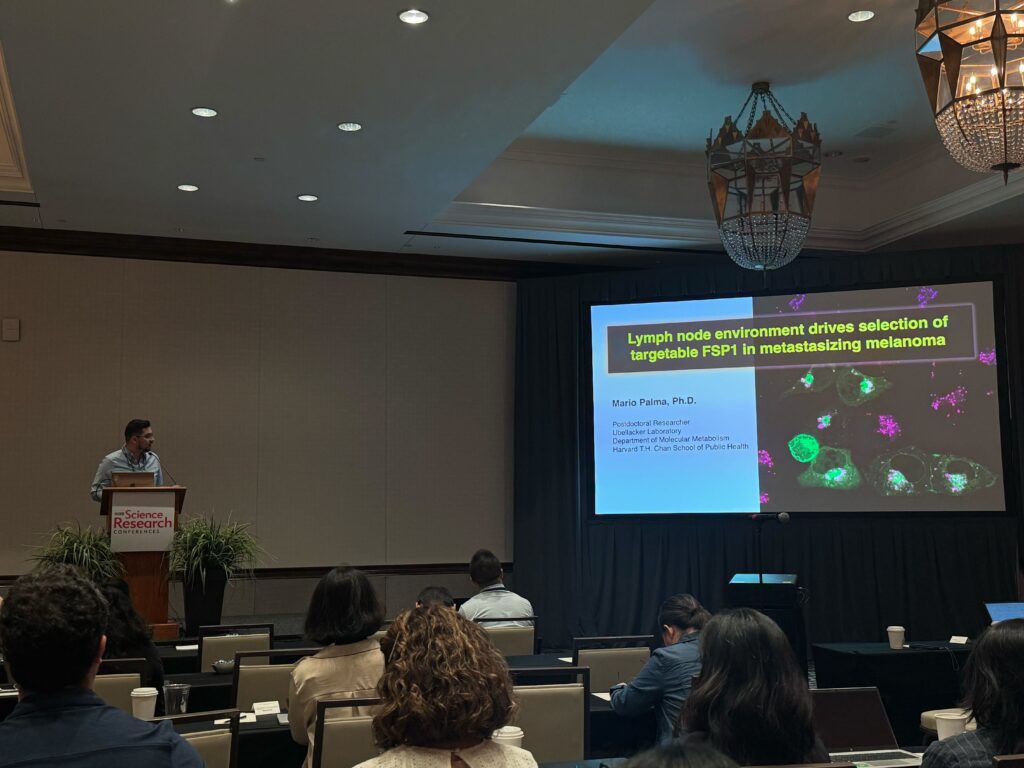

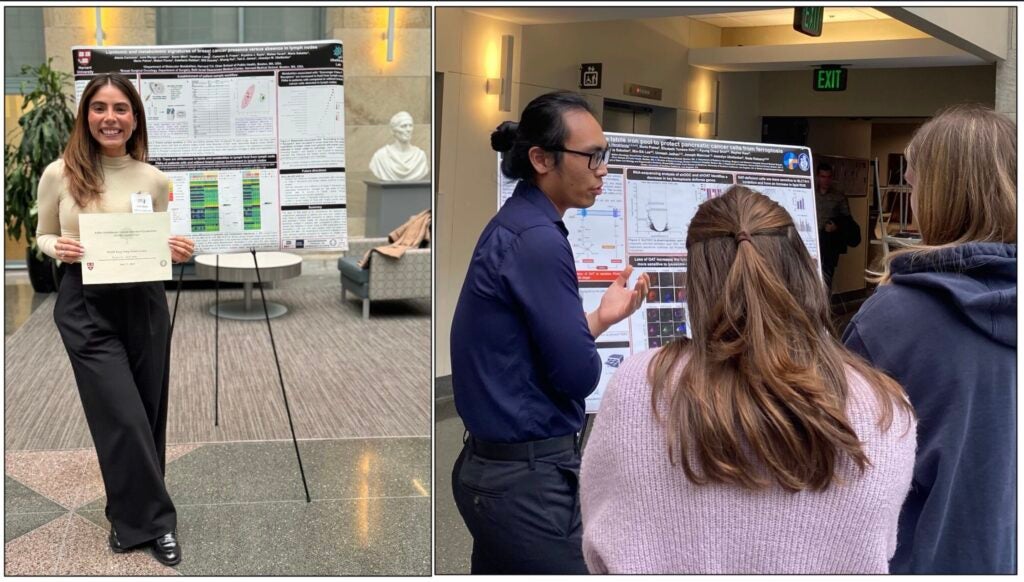
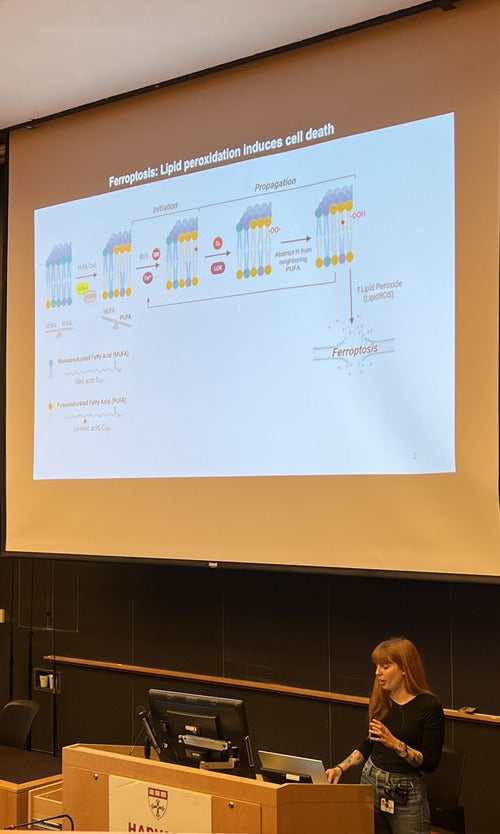
The Ubellacker lab’s recent publication, led by Marie Sabatier, Ph.D., introduces a refined method for collecting lymph from the cisterna chyli in tumor-bearing mouse models. This technique enables the isolation of lymph-derived cancer cells for multiomic profiling, offering new insights into how the lymphatic environment influences metastasis.
Published in Nature Protocols, the study is available via PMID: 39779897 and DOI: 10.1038/s41596-024-01081-0.
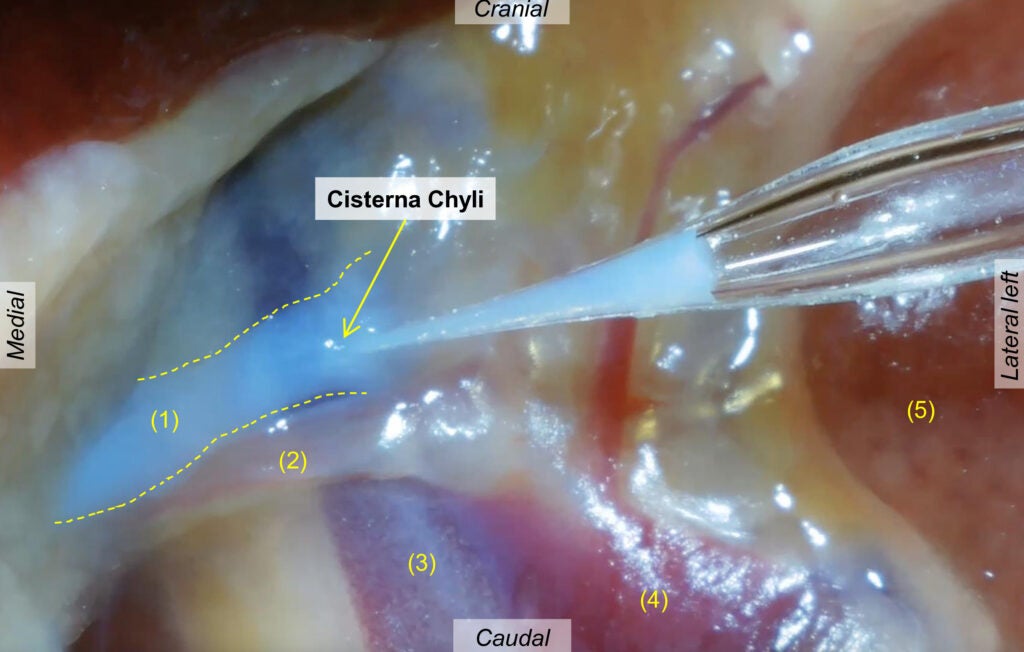
Dr. Ubellacker discusses her work on the role of lymph nodes in cancer progression, science as a team effort, and how her Harvard Griffin GSAS mentors inspired and fueled her curiosity.
Read more here
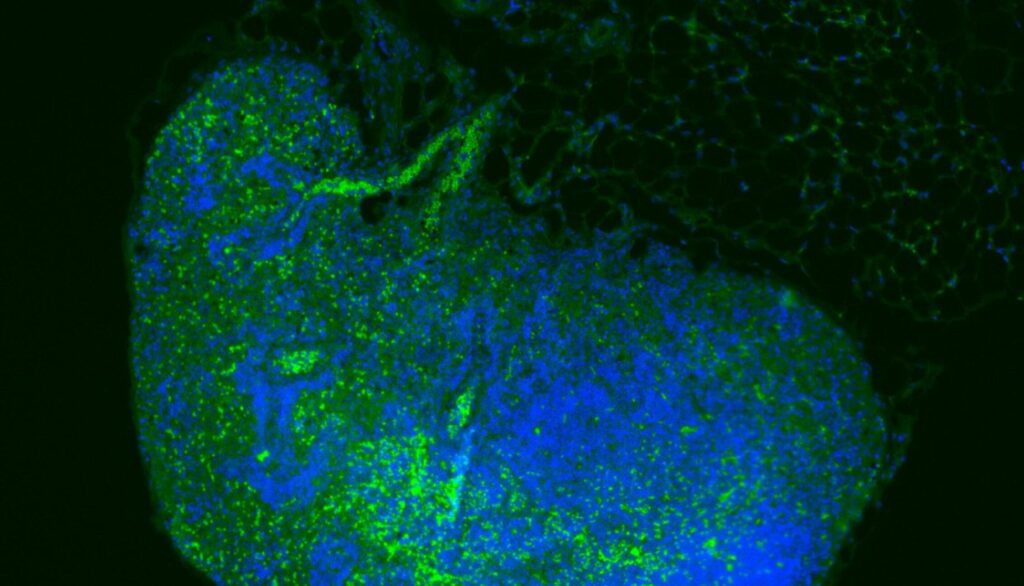
In this piece by Meg Murphy, HSPH News looks at the promising new research coming out of the Ubellacker lab exploring how cancer cells spread, and whether dietary changes can impact — or even halt — metastasis.
Read more here
